by DAVID ROLINSON
Writer: David Whitaker; Director: Douglas Camfield; Producer: Verity Lambert
A literary costume drama set around the courts of Richard I and Saladin, The Crusade (1965) is an example of how important non-science-fiction historical stories were in the early years of Doctor Who. This essay looks at how The Crusade approaches history, in particular the characterisation of Richard I (“the Lionheart”). There will be attention paid to the programme’s attempts at historical accuracy, although that shouldn’t be our only focus because the historical study of popular culture too often ignores the specific qualities of popular culture (and also history) by depending on the accuracy question. Depictions of Richard I change for various reasons including historians’ debates, school curricula, changes in media institutions, shifting dramatic styles and reactions to previous dramas. These explain why Richard the Lionheart (ITV, 1961-65) uses Richard differently from Richard Lester’s film Robin and Marian (1976), which is in turn different from the series Robin of Sherwood (ITV, 1984-86) and Robin Hood (BBC, 2006-2009). This essay will therefore take Doctor Who’s version of Richard I as a starting point to think about how history and screen fictions build narratives around figures like Richard I. I’m drawing from unused sections of the research I conducted for a forthcoming academic publication on neo-medievalism,1 but any references to academic theory will be rooted in discussion of the choices made by writer David Whitaker and director Douglas Camfield.
My chapter on neomedievalism in Who, for the collection Neo-medievalism in the Media: Essays on Film, Television, and Electronic Games, appeared in 2012. That chapter focuses on Doctor Who’s pseudo-historical stories – defined elsewhere in this website essay – and avoids pure historicals such as The Crusade. This website essay salvages notes and analysis which I prepared while researching that chapter in 2006: I have updated and rewritten these notes to remove academic jargon and theoretical perspectives. ↩

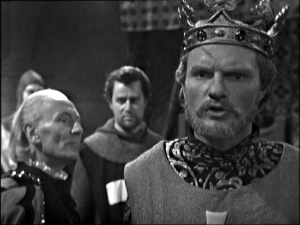
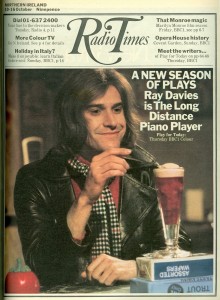
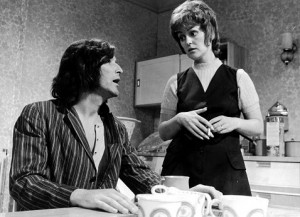
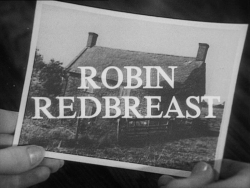
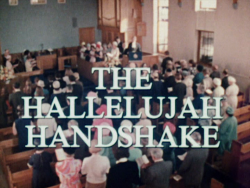 Not until the end of The Hallelujah Handshake do we discover the real identity of its central character, David Williams (played by Tony Calvin).
Not until the end of The Hallelujah Handshake do we discover the real identity of its central character, David Williams (played by Tony Calvin).